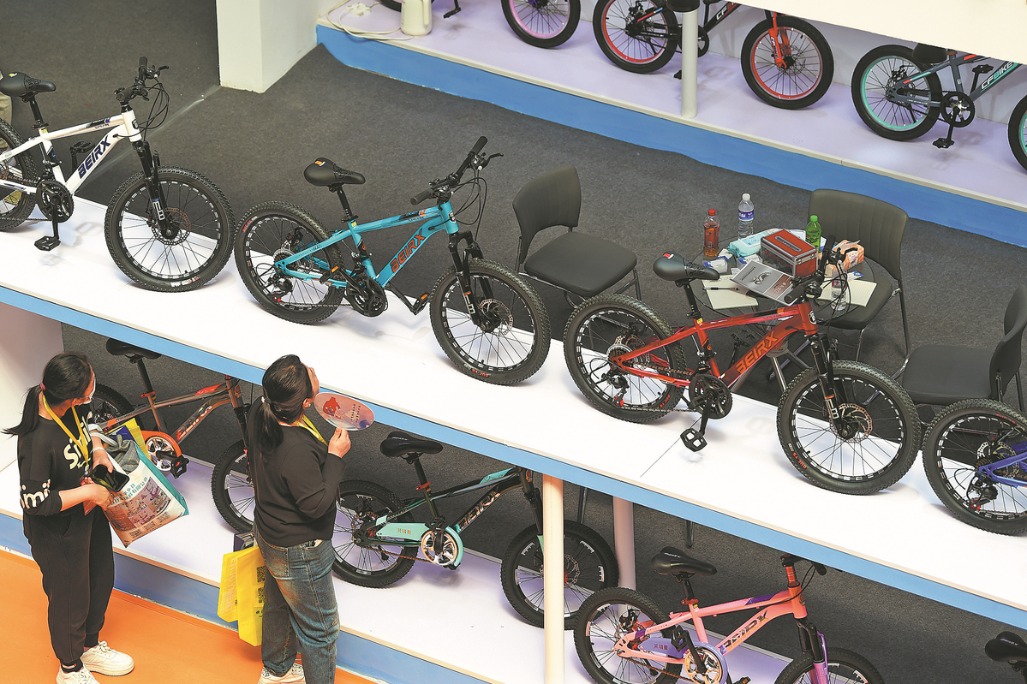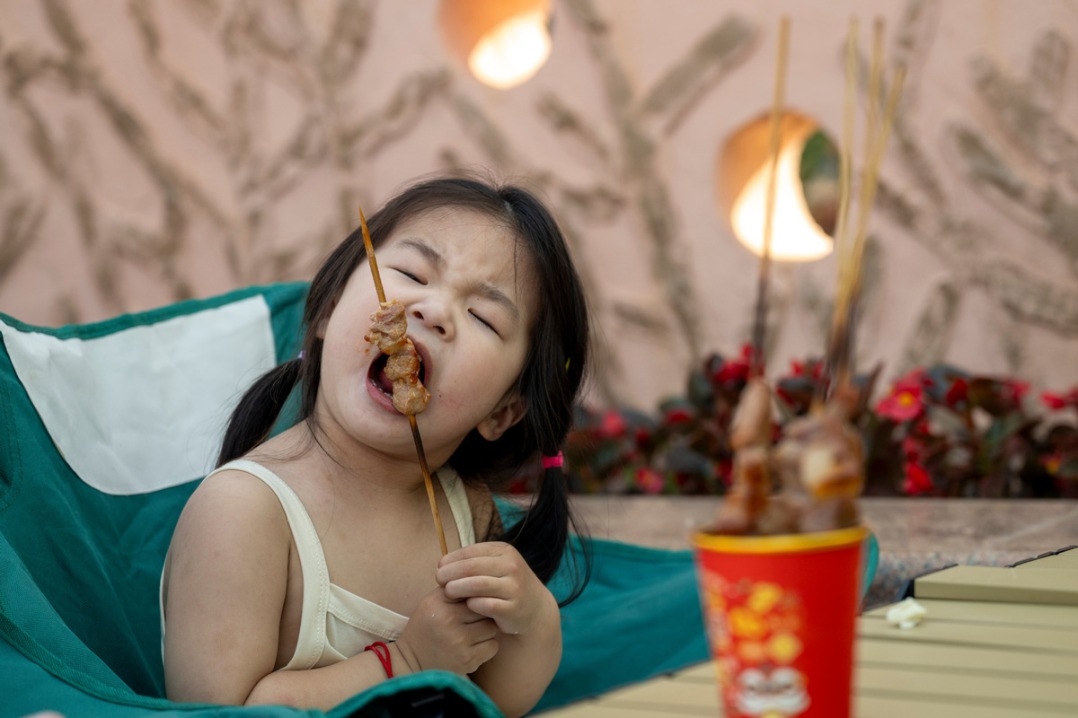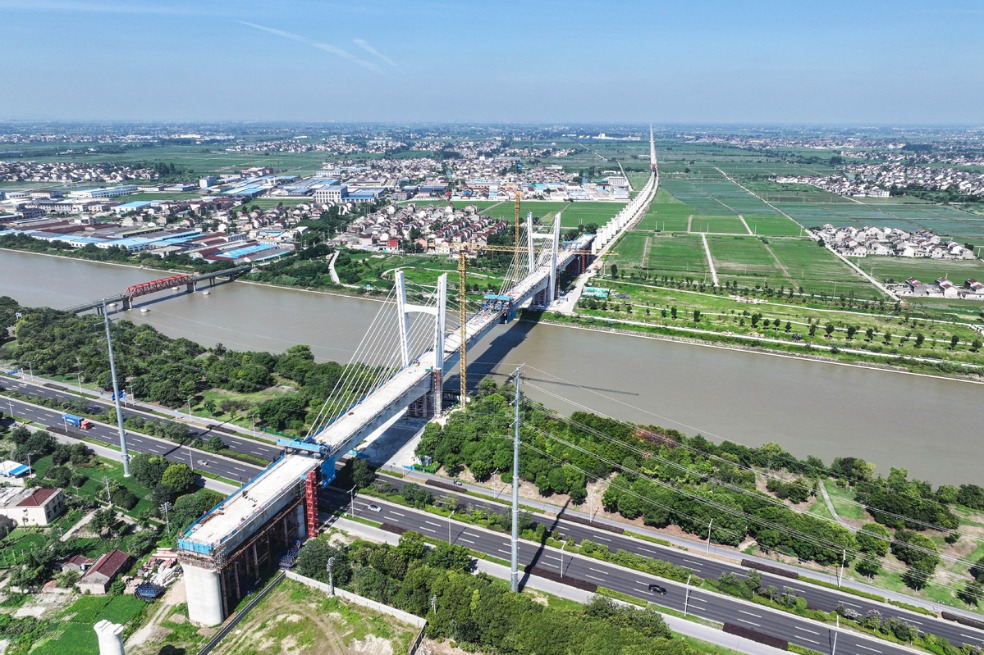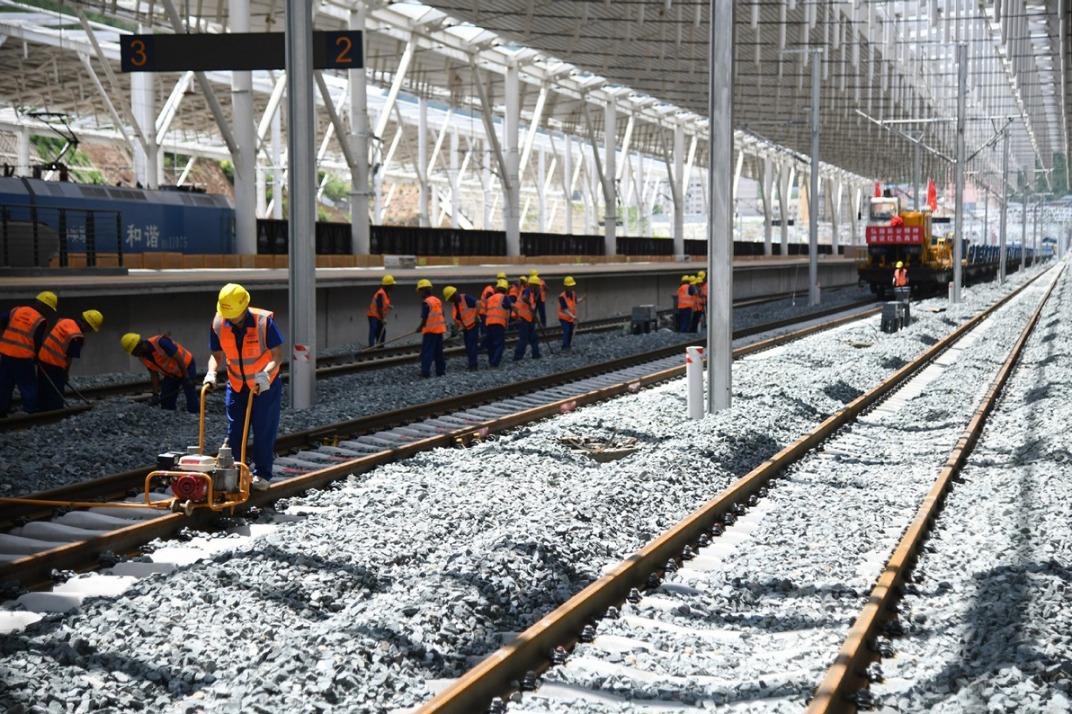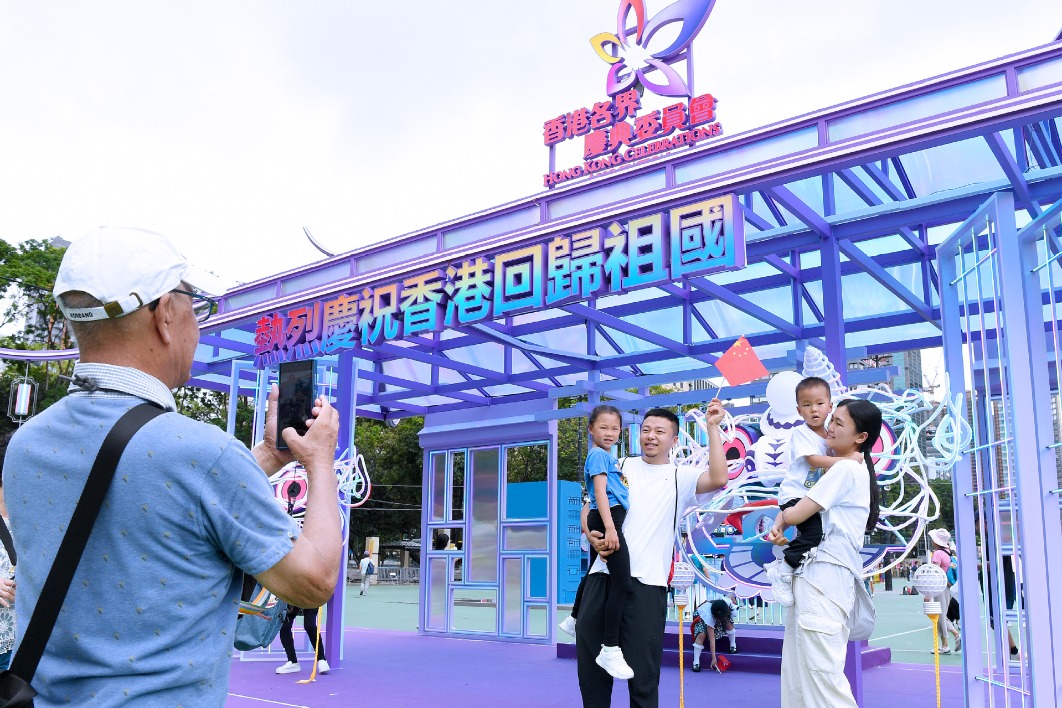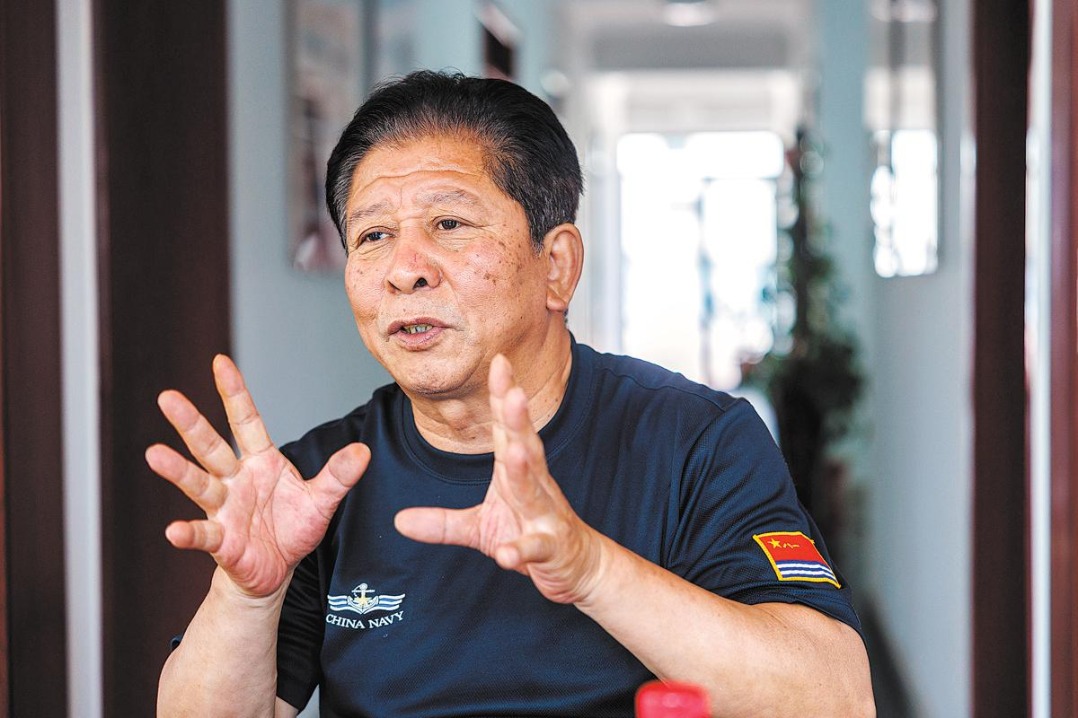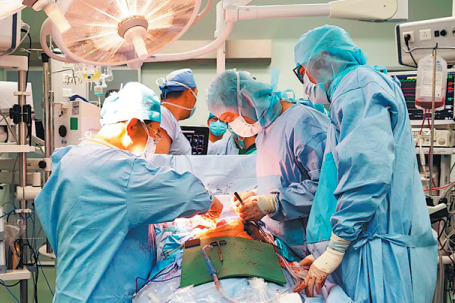Graduates drive post-gaokao wave of consumer spending
Tech buys, travel and fitness mark China's summer consumption patterns

With the results of China's national college entrance exams, or gaokao, now released, a significant wave of spending is sweeping the nation as students and their families embrace what has been dubbed the "post-gaokao economy".
The country's 13.35 million expected high school graduates, eager to find relief after intense exam preparation, are fueling a spending spree through travel, electronics purchases, skill-building activities such as driving lessons and cosmetic procedures.
While industry observers welcome the economic vitality, they are also advising responsible spending and warning against exploitative marketing tactics targeting graduates and their families.
The purchasing of the "tech trio" — smartphones, laptops and tablets — has become a near-universal ritual, often seen as a reward or necessities for university preparations. E-commerce platform JD.com reported that the sale of electronics during the "618" shopping festival, which coincides with the post-exam period, jumped 45 percent, accounting for half of all sales.
Governments and manufacturers are offering subsidies to encourage purchases. In Suzhou, Anhui province, combined national subsidies and vendor discounts could save graduates up to 800 yuan ($112) on a single phone. The city reported more than 77,000 subsidized transactions worth 280.7 million yuan, driving over 200 million yuan in consumption, according to news portal cztv.com.
While some graduates consider "full ecosystem" purchases by adding watches and earphones, many now prioritize practicality over brand loyalty. It has become common for students to mix brands based on specific needs and budget — such as pairing an iPhone with a Windows-based laptop — to avoid expensive, potentially incompatible full sets.
An Yan, a graduate, posted an inquiry on social media platform Xiaohongshu about which electronic devices to purchase for college, drawing more than 2,000 comments, according to innovation media outlet TMTPost.
"If you have enough budget, you can choose an iPhone, iWatch and iPad, but no MacBook, because most of the schoolwork in university is compatible with Windows," one post read.
After reviewing the comments, An purchased an iPhone 16 Pro, an iPad Air and a Lenovo laptop, saying she spent most of her budget on the phone because it would be her most frequently used device, while opting for more affordable options for the tablet and laptop.
Meanwhile, graduates are also marking the end of high school with celebratory travel. Tongcheng Travel, a Suzhou, Jiangsu province-based online travel agency, reported that bookings surged 137 percent year-on-year in the period after the exams, with long-distance travel particularly popular. Bookings on travel platform Qunar rose 35 percent.
Guo Guanfeng, who works at a travel agency in Yiwu, Zhejiang province, said most of her clients recently have been high school graduates eager to visit cities with a high number of universities.
Local governments are also courting graduates with discounts. In Lishui, Zhejiang, high school graduates can visit 15 travel sites for free by showing their school IDs or college enrollment notices. More than 140 tourism sites in Hubei province have launched similar offers for middle and high school graduates since June 23.
Graduates are also investing in upskilling themselves during the summer break, with enrollment for driver's licenses surging. At the Hangzhou Huanglong Driving School, more than half of its current trainees are graduates, with overall numbers up 60 to 70 percent month-on-month. Daily inquiries from graduates now exceed 30, according to Hu Yanping, head of the school. Driving test administrations in Hangzhou have tripled since the exams, prompting authorities to add weekend testing slots.
Gyms are also seeing increased membership from graduates looking to get more fit before university.
Meanwhile, appearance-related spending is booming, with procedures such as laser hair removal, acne treatment, teeth straightening and vision correction surgeries in high demand. Searches for eye surgery spiked 251 percent in the first week after the exams, from June 10 to 15, with orders up 108 percent, according to data from digital shopping platform Meituan.
Yi Shaohua, a director at the National Academy of Economic Strategy under the Chinese Academy of Social Sciences, attributed the surge to rising disposable incomes and shifting parental mindsets.
"This consumption represents a ritualistic celebration of children entering new life stages and reflects our improved living standards," Yi said.
The desire among Generation Z consumers — those born between the mid-1990s and the early 2010s — for personalized experiences and symbolic fresh starts is a key driver of the post-exam consumption boom, Yi said, adding that businesses will need to innovate beyond basic functionality and create engaging scenarios and value-added services to capture the attention of young consumers.
- Graduates drive post-gaokao wave of consumer spending
- Ministry warns of flood risk in north, drought in south
- Northern China braces for torrential rains
- From rickety bikes to automated strollers, modernization transforms county
- Youths urged to maintain firm ideals, deepen innovation
- Lai condemned for citing 'threats' to call for hiking 'defense' spending
















